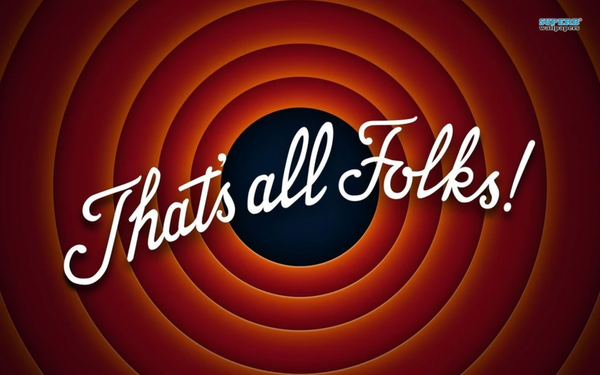Deep Learning (Do Emotions distract from rational thought?)

In Paul Valery's book, The Yalu, a Western intellectual is questioned by a Chinese scholar who critiques the West's worship of intellect - the West's tendency to equate, in Francis Bacon's formula, knowledge and power. For you, intelligence is not one thing among many. You neither prepare nor prove for it, nor protect nor repress nor direct it; you worship it as if it were an omnipotent beast. Every day it devours everything. What is intelligence? What is emotion?
Watch the three videos below. It may be important to watch them again.
What I am tying together is emotional, subconscious learning.
Deep Learning.
The first video is of Gavin and Terry powder skiing in Japan. Pure joy. Flow. Not thinking, only experiencing, only emoting.
The second and third videos, respectively, are of my colleagues - avalanche forecasters Eric Trenbeath...and Brett Kobernik and Trent Meisenheimer.
In each of these two videos, the forecasters are conducting in-situ snow tests to gauge avalanche conditions. But it's not the "results" per se in which we are interested. In the first video, watch Eric's student's body language at the end of the test. In the second video, listen to Trent and Brett when the snow is reacting to their test.
In each of these tests (to compare notes), we can score them in a certain way, but it's the emotional response or alignment to these events that bring about greater and deeper learning. The Portuguese neuroscientist Antonio Damasio, author of - among many others - The Feeling of What Happens: Body, Emotion and the Making of Consciousness, argues that emotions are essential to rational thought and, like so much of evolutionary biology, have developed in such a way to keep us alive. Joy, alarm, terror. These are such deep rooted feelings that sometimes we only need to think about a previous experience for our bodies to react accordingly; for our bodies to release the proper fight or flight chemicals. He goes on to not only describe why emotions are fundamental to cognition at-large, but fundamental to consciousness itself.

So what does this mean?
All I can say is that there is science behind our feelings, our emotions, to drive good decision making. But it's not that clean.
Recently, David Brooks, cited the neuroscientist John Coates, who posits that the body is an éminence grise, standing behind the brain, effectively applying pressure at just the right point, at just the right time, to help us prepare for movement". But Coates also knows that sometimes our emotions get things wrong and put us in a self-destructive state of mind. Before he was a neuroscientist, he was a Wall Street trader at Goldman Sachs, Merrill Lynch and Deutsche Bank. In his brilliant 2012 book, The Hour Between Dog and Wolf, Coates describes how bull markets could change traders' emotional mind-sets:

As a bull market starts to validate investors' beliefs, the profits they make translate into a lot more than mere greed: they bring on powerful feelings of euphoria and omnipotence. Assessment of risk is replaced by judgments of certainty — they just know what is going to happen. They even walk differently: more erect, more purposeful, their very bearing carrying a hint of danger: "Don't mess with me," their bodies seem to say. Testosterone flows. Dopamine comes in torrents. This is the kind of mindset that produces bubbles and the odd global financial crisis. Euphoria goeth before the fall."
What to do? Good question. Being aware of these emotions is fundamental. Besides that, you could do what my good friend Kevin Grove does: puts photos of his little girls on the tips of his skis.

Other source material -
Books are Made out of Books - Michael Lynn Crews
Blood Meridian - Cormac McCarthy
Special thanks to Roger Atkins and Terry O'Connor




